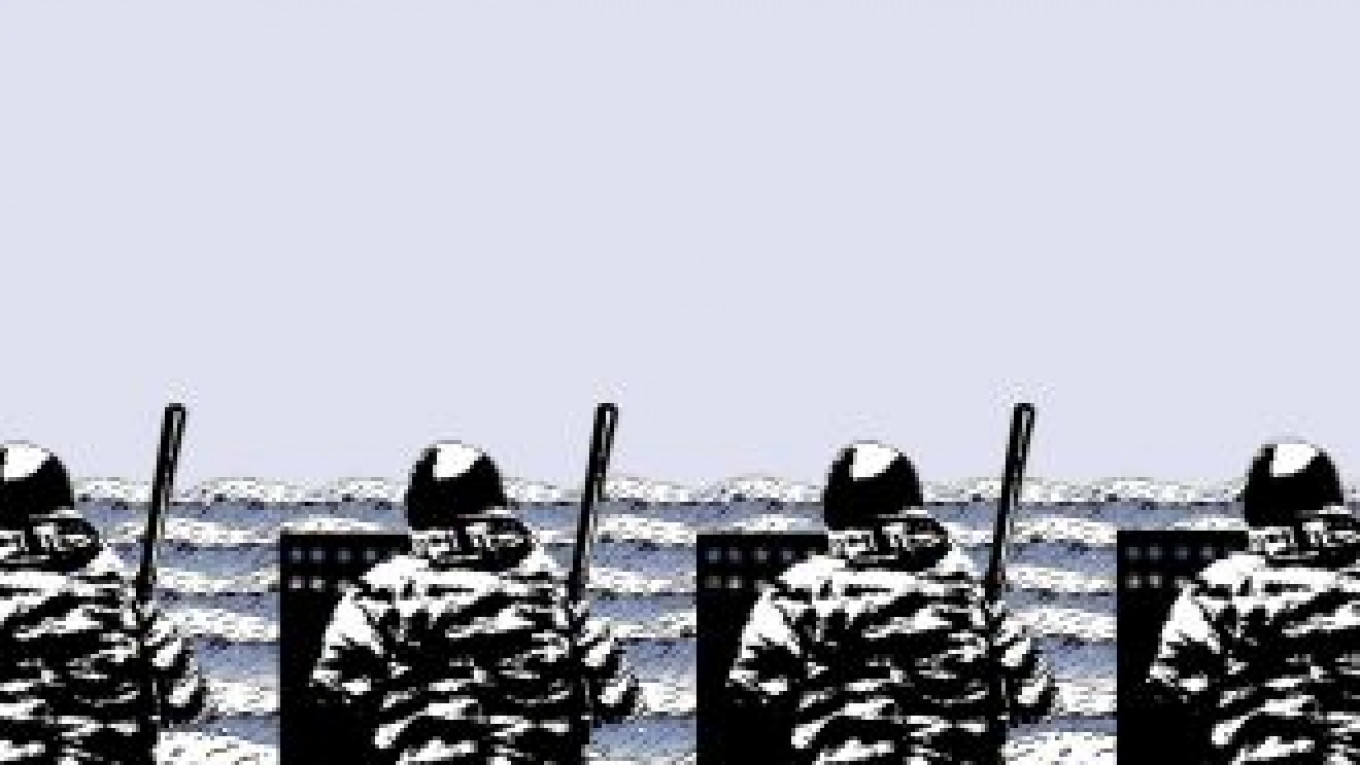Historians have long noted a characteristic feature of Russian history: Sometimes development seems to freeze for many years and almost comes to a standstill, only to suddenly surge ahead at a gallop. Events during the first weeks of May were a striking illustration of this. The trigger was the opposition demonstration on May 6, which was planned to be peaceful but unexpectedly turned violent. This was the first time in the post-Soviet period that violence erupted so close to the Kremlin and the first time there was so much bloodshed. According to various sources, up to 30 policemen and more than 100 protesters were wounded, while more than 600 people were arrested.
The next day the violence died down, but the situation heated up. Several hundred opposition activists headed by anti-corruption blogger Alexei Navalny set up a camp near the Kitai-Gorod metro station. This event once again ended in arrests, including Navalny, who was later sentenced to 15 days of detention. The police were able to dismantle the Kitai-Gorod camp, but it immediately popped up again at Chistiye Prudy by the statue of Kazakh poet Abai Qunanbayuli. The choice of venue was purely practical: The headquarters of the opposition movement Solidarity is close, giving the protesters access to hot coffee and tea.
Within just a few hours, news of the event — already dubbed #OccupyAbai — had spread and was drawing participants. The camp quickly became a "democracy preserve," where every day hundreds of people from every political spectrum gathered. Political lectures and seminars have continued, opposition literature is being distributed, and groups of activists are formed to go throughout the city to recruit more supporters. The most remarkable thing is that the police haven't taken any measures to break up the camp. In fact, the police presence is barely noticeable.
It's hard to miss the similarities with events that took part in another part of the world more than a year ago — above all, the Arab Spring in Cairo. The opposition activists camped out by Abai are copying the tactics of the Egyptian protesters, and their Chistiye Prudy camp is like a miniature copy of the tent camp on Tahrir Square.
It would appear that the authorities have also noticed the similarities with Cairo and thus have not decided to use force. But every day the camp exists, more and more people want to join in. As former State Duma Deputy Darya Mitina wrote on her Ekho Moskvy blog, for this reason almost everyone is discussing when the camp will be closed down — perhaps after the new Russian government is announced on May 15.
But there may be other reasons for the standoff. Closing down the camp by Abai's statue won't resolve anything because a new camp will simply appear some place else along the boulevard or even closer to the Kremlin.
In the meantime, the authorities are attempting to tighten legislation on public demonstrations. The draft law quickly introduced by United Russia significantly strengthens sanctions for demonstration violations. Currently they are limited to fines of 2,000 rubles ($66) or detention for 15 days. But the draft law stipulates raising the fine for violations 750-fold to 1.5 million rubles ($50,000) and introducing mandatory community work for up to 240 hours. Nevertheless, many people believe that these measures will only be counterproductive. As Just Russia Deputy Alexander Chuyev wrote on his Ekho Moskvy blog, "If someone hopes that in this way they can mollify the mood of protest or lessen the number of people who want to participate in mass activities, they're making a big mistake."
Chuyev might be too optimistic. By increasing fines and introducing felony charges against opposition leaders in Belarus, President Alexander Lukashenko succeeded in quelling protests in Minsk at the end of 2010. But both Lukashenko and Putin are acting like bad doctors who are trying to treat the symptoms of an illness instead of its cause. Until citizens get their legal right to express their views, the objective reason for the protests will remain. And blood might flow on the streets again at any moment.
The only realistic way to resolve the standoff would be negotiations with the opposition. Perhaps someone in the Kremlin will finally recall the old Russian saying: Better a bad peace than a good quarrel.
Victor Davidoff is a Moscow-based writer and journalist whose blog is
A Message from The Moscow Times:
Dear readers,
We are facing unprecedented challenges. Russia's Prosecutor General's Office has designated The Moscow Times as an "undesirable" organization, criminalizing our work and putting our staff at risk of prosecution. This follows our earlier unjust labeling as a "foreign agent."
These actions are direct attempts to silence independent journalism in Russia. The authorities claim our work "discredits the decisions of the Russian leadership." We see things differently: we strive to provide accurate, unbiased reporting on Russia.
We, the journalists of The Moscow Times, refuse to be silenced. But to continue our work, we need your help.
Your support, no matter how small, makes a world of difference. If you can, please support us monthly starting from just $2. It's quick to set up, and every contribution makes a significant impact.
By supporting The Moscow Times, you're defending open, independent journalism in the face of repression. Thank you for standing with us.
Remind me later.








